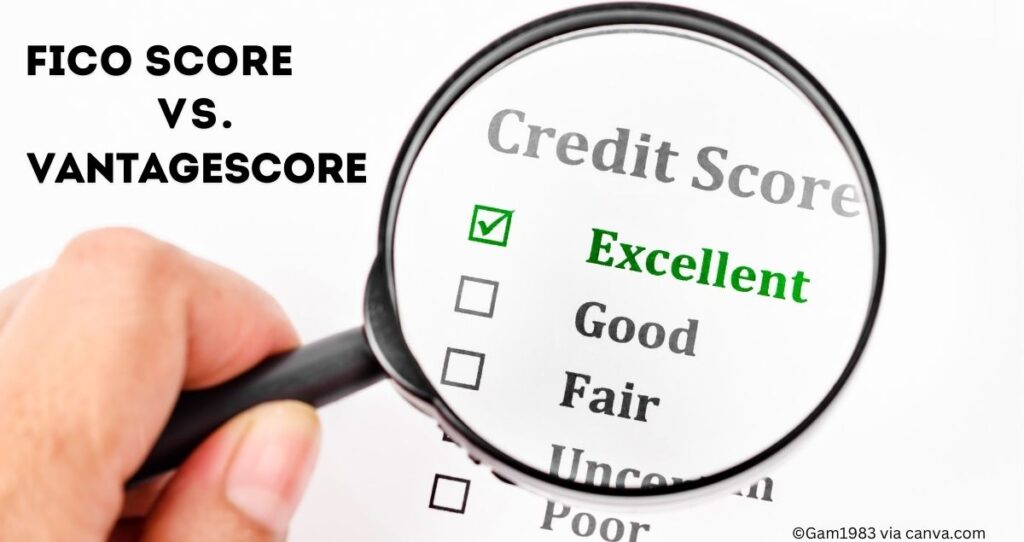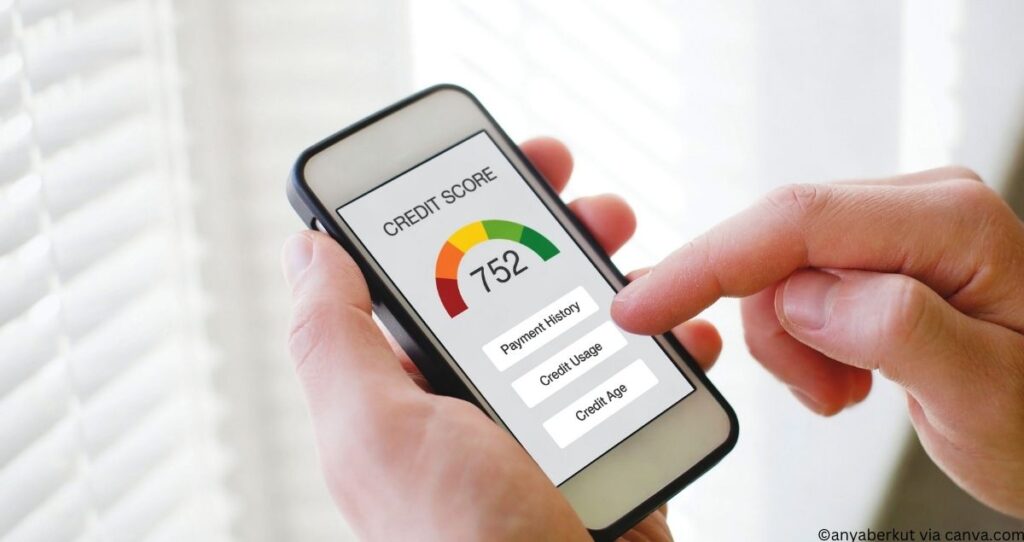If you are a real estate agent, prepping for a real estate exam, or want to master real estate, learning the most used real estate terms is a great way to start. Even if all you need is to take control of your finances, learning the basics of real estate can save you a lot of money and headaches. Knowing how owning real estate affects your finances, why real estate is good for your financial planning, and tips to not be scammed when buying real estate is a great step in mastering personal finance.
Reading this personal finance guide indicates you are serious about your financial well-being. The more you learn about personal finance, the fewer financial mistakes you make. After mastering these essential real estate vocabularies, nothing will stand between you and your financial goals.
In this post, you will learn the top 180 most used real estate terms everyone should know. To learn ALL the most used real estate terms everyone should know, click on the list at the bottom of this page.
>>>Read the full list of the most used real estate terms
1. Buyer’s Agent vs. Listing Agent
In any real estate transaction, there are usually two agents involved. The first agent is the seller’s agent also known as the listing agent who represents the seller of the property. The second agent is the buyer’s agent who represents the buyer.
Another form of agent is the dual agent where one person represents the buyer and the seller at the same time. Due to the conflict of interest, a dual agent is prohibited in many states. You can also represent yourself in a real estate transaction if you are a real estate agent and want to buy a property. Acting as a buyer and a buyer’s agent simultaneously allows you to earn a commission.
2. Pre-approval letter
One of the most used real estate terms is the pre-approval letter. As a home buyer, you should know how much the bank will lend you before looking for a home. This is done through a pre-approval process where the bank gives you a rough estimation of how much loan you qualify for.
To get a pre-approval letter, contact your bank or multiple banks and speak to a loan officer. The bank will tell you how much they will lend you which acts as a guideline when shopping for homes. During this process, don’t forget to ask the bank about closing costs, pre-payment penalties, and underlying costs related to the mortgage. After getting the pre-approval letter, you can start looking for homes that align with the amount in the letter.
3. Appraisal
An appraisal is a process of estimating the value of a home you want to buy which is done by a licensed appraiser. Before you buy a home, the bank will require an appraisal of your favorite home to ensure it is in good standing and reflects the value it is being sold for.
If the appraisal shows the home is worth less than the asking price, it will not be a good deal. In this case, the bank will not give you the money. You can then negotiate the price down or search for other homes that match the bank’s requirements.
4. Closing costs
Closing costs are costs related to buying a home paid at the closing date. These costs range between 2% to 5% of the home purchase price and vary based on the lender, down payment, etc. Although you pay the down payment at closing, it is not included in the closing costs. Common closing costs include excise tax, title insurance, title search, loan processing fees, etc.
5. Contingencies
If you have purchased a home before, you probably heard of contingencies. Contingency is a commonly used real estate term because contingencies help you minimize the risk of buying a home. Contingencies are terms you specify when you put in an offer to buy a property. There are many types of contingencies but common ones include:
- Inspection contingencies. To make sure the house is in good shape and mechanically sound. In this case, you need a licensed inspector to do the inspection
- Financing contingencies. You need to ensure the bank will give you the money. Even if you have the pre-approval letter, it does not mean you will get the money.
- Appraisal contingencies. Make sure the appraised value is close enough to what you are paying to get the house. Otherwise, you will get ripped off.
6. Title insurance
Most lenders require title insurance as part of your closing costs. Just because someone is selling a house, does not mean they own the house. Lenders require title insurance and a title search to determine if the home seller owns the home and if there are no other liens on the property. This involves searching all public records to ensure the seller owns the property.
7. Offer and Contracts
Putting in an offer is when you submit how much you want to pay with the help of your realtor or an attorney. Your offer might be accepted if the seller is motivated or if you offered the asking price.
If other buyers are bidding for the same property or the seller does not accept your offer, you will receive a counteroffer. In this case, your agent can help you negotiate a lower price or give up and look for another property.
8. Home inspection
If you did not know about it, home inspection is one of the most important real estate terms everyone should know. Lack of inspection leads to financial downfall. The home inspection is one of the most important steps in buying a property. The inspection is done after you have submitted an offer and it is important to include the inspection contingency in your offer letter. The licensed inspector will evaluate the house for plumbing, electrical, roof issues, etc.
After the inspection, you will receive an inspection report with detailed findings. If you are lucky, you might get an estimate of how much it will cost to repair those findings. Depending on the size of the house and location, you should expect to pay between $200 and $600 for the inspection, although the cost can be even higher.
9. Listings
A listing is the property being sold on the market. Listings are usually found on real estate websites with information about each property such as price, number of bathrooms, bedrooms, year built, square footage, etc. In addition, listings include a home description, location, renovation history, etc. Some of the best real estate listing websites in the U.S. market include Zillow, Trulia, Redfin, and Realtor.
10. Fixed rates vs. Adjustable rate mortgages
When financing a home purchase with a mortgage, you choose between fixed-rate vs. adjustable-rate mortgages. Fixed-rate mortgages come with a fixed interest rate for the duration of the loan, usually 15 years and 30 years. A fixed rate helps you plan your finances as your monthly payments are the same for the entire mortgage term.
On the other hand, adjustable-rate mortgages mean the interest will change over time based on market rates. When purchasing a home with an adjustable rate, you usually start with a fixed rate that normally lasts 5 years before the lender can change rates. Adjustable rates are great when planning to refinance the home or sell it, However, if you want to keep the house, getting a fixed rate might be a greater financial choice especially if rates are lower when buying the house.
11. Equity
The term equity represents how much of the home value is yours. The equity in the house is the difference between the current market value of the property and how much you still owe the bank. For example, if a home is worth $250,000 and you still owe the bank $150,000, your equity will be $100,000.
12. Rent-back
Even if the seller is selling the property, they might not find another place fast enough or the seller is not ready to buy another home yet. In this case, an arrangement between a buyer and a seller can be made allowing the seller to remain in the property in exchange for making rent payments. Hence, the term rent-back. This means the seller is renting the house they just sold.
13. Down payment
The down payment is the amount required upfront when purchasing your home. A down payment is usually a percentage of the home prices such as 20% or 3.5%. Conventional loans require a 20% down payment to avoid private mortgage insurance which protects the lender. The down payment requirements are usually simplified for first-home buyers through the first-home-buying program.
14. Principal, Interest, Tax, and insurance(PITI)
While your monthly payment is a single balance, it contains some of the top 4 most important real estate terms you need to know. The 4 parts that make up your monthly payments include the principal, interest, tax, and insurance.
- The principal. The principal is the portion of your monthly payment allocated to paying off the mortgage balance. Through amortization schedules, the principal starts small and gradually increases as time goes by.
- Interest. Interest is the portion of your monthly payments that covers the interest charges on the loan. The interest starts higher and gradually decreases over time through the amortization of schedules.
- Tax or property tax. This portion of your payment is mandatory. Lenders include the property tax in your monthly payment and keep it in an escrow account to avoid late payments. This is done to prevent the state from taking the property due to late or missed property tax payments.
- Insurance. The insurance payment is also required when you finance the property with a mortgage. The insurance will be added to your monthly payment until the home is fully paid off.
As a buyer, you should consider these overhead costs including regular maintenance and underlying costs when estimating your home’s affordability. Simply put, your house becomes expensive after buying it and for this reason, you need to make sure you can afford it.


